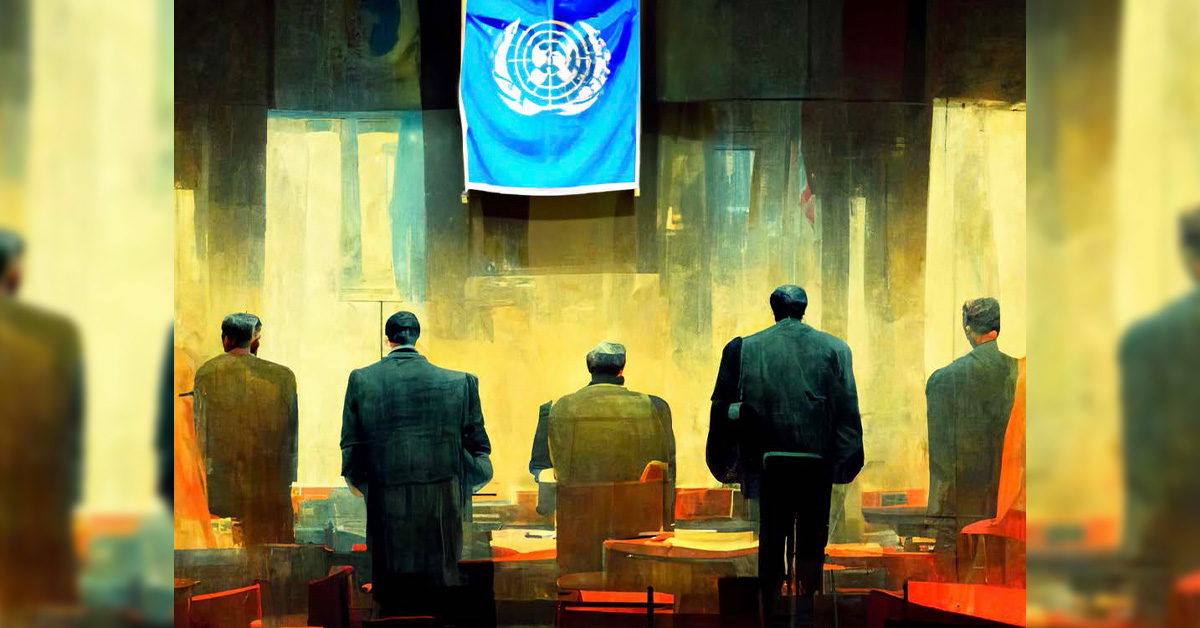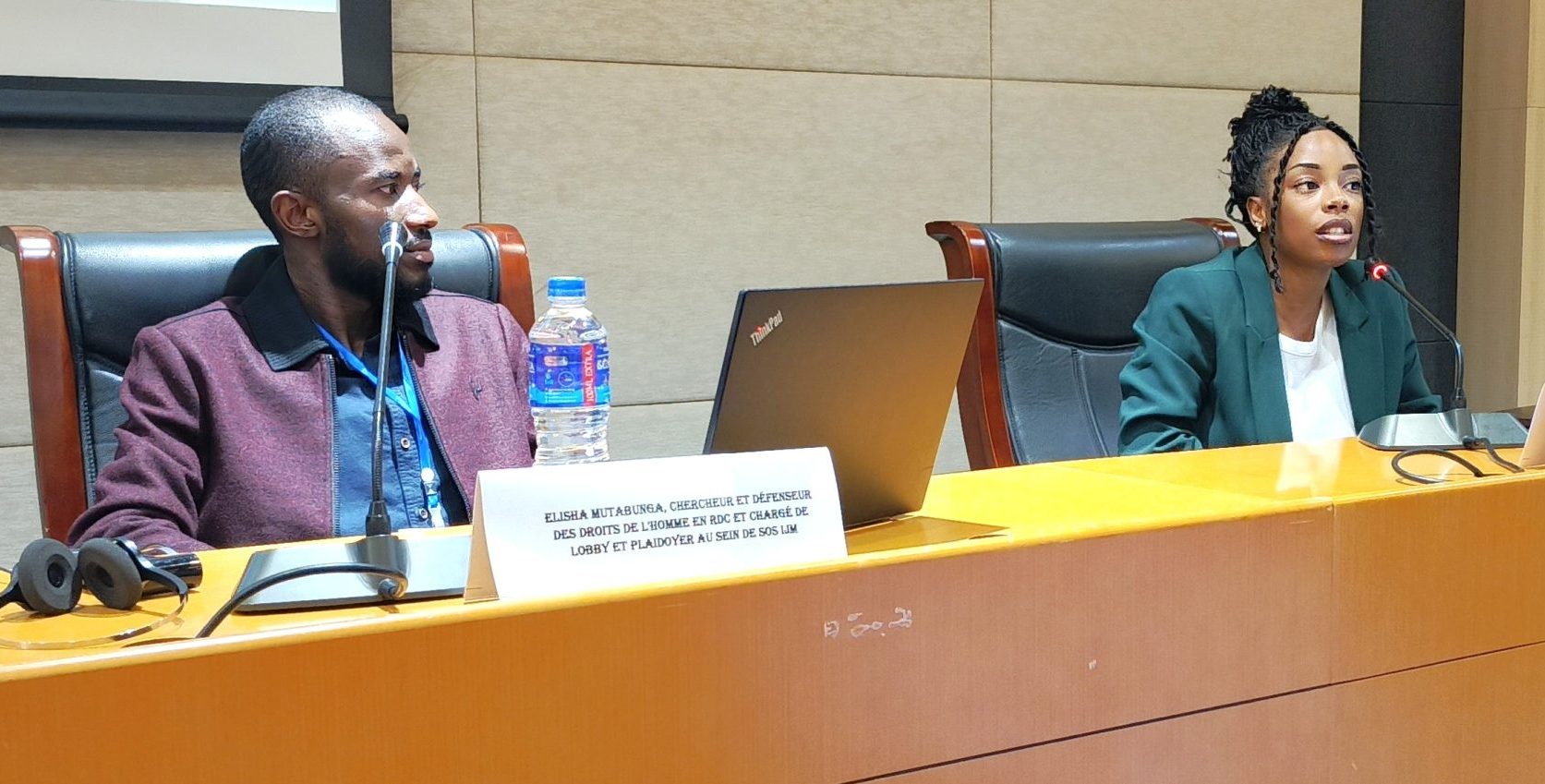On 25 January, ISHR released a new briefing paper outlining China’s tactics to influence the UN human rights treaty bodies (UNTBs),including various ways in which Chinese officials have sought to disrupt, limit and undermine their work. The paper concludes with possible responses to these efforts, on the part of governments and the UN itself.
In parallel, ISHR hosted a panel discussion on the topic with former member of the UN Committee against Torture (CAT) Felice Gaer, William Nee of the Network of Chinese Human Rights Defenders, Peter Irwin from the Uyghur Human Rights Project, and ISHR’s Director of Treaty Body advocacy, Vincent Ploton. ISHR Programme Director Sarah Brooks moderated the discussions.
‘The UN system is far from perfect. It is tilted towards major powers. Though UN treaty bodies are not a silver bullet, they are an entry point to raise issues to the international community, they serve to depoliticise issues and they are a platform for defenders to present their stories,’ said Peter Irwin.
‘Avenues to discuss China have been slowly closed over time. Given the closure of society within China, the UN treaty bodies have allowed people to look more towards the international system for a degree of accountability from their governments, and to get their messages across,’ said William Nee.
‘The whole concept of having treaty bodies is based on the idea that independent scrutiny of State commitments is going to help the States. These reviews need to be thorough, regular, and done by experts,’ said Felice Gaer, who also argued for a stricter fixed calendar for submissions and reviews of States and for discussions to be held in their absence if necessary. ‘This means more transparency and regular appearances by each State party. If they don’t come, they will know they will be reviewed anyway.’
UNTBs are one of the few international human rights mechanisms where Chinese practices are still regularly held up to scrutiny. They are therefore seen as a valuable forum for advocacy by Chinese defenders and organisations, while the Chinese government has expended substantial effort to control and restrict their functions.
Download as PDF
Titled ‘China and the UN Treaty Body System’, the ISHR paper identifies, analyses and illustrates the ways in which China deploys its influence over the UNTBs, from an official discourse that consistently focuses on restricting their scope of work to the overtly close links between supposedly independent Chinese UNTB representatives and their national authorities. It also exposes Chinese government efforts to deter inputs from independent NGOs, while encouraging participation by government-aligned organisations (or GONGOs).
‘Treaty bodies are key to maintaining the core tenets and values of the international human rights system,’ said ISHR’s Vincent Ploton. ‘By eating away at their independence, China is effectively attempting to weaken human rights standards for people in China and beyond,’ Ploton said.
The paper uses three concrete examples to demonstrate Chinese efforts to twist the treaty bodies’ arms. These include acts of intimidation against defenders seeking to engage with the CAT; the censorship of independent NGO contributions for review by the Committee on the Elimination of Discrimination against Women (CEDAW); and the stifling of procedures by the Committee on the Elimination of Racial Discrimination (CERD) when looking at evidence of the crackdown on minorities in the countr’’s Uygur region (Xinjiang) and Tibet.
The paper concludes with recommendations to strengthen the independence of UNTB members and mitigate efforts by China and other States to instrumentalise them. States must ensure that UNTB elections are transparent to allow for more independent and qualified candidates, while treaty body members must continue to ‘self-regulate’ and remain steadfast in defence of their principles and independence. For its part, the Office of the United Nations High Commissioner for Human Rights (OHCHR) must remain resolute in the face of undue State pressure over the expert mechanisms it hosts.
‘Each review of China by the UNTBs is a chance to draw attention to the country’s human rights challenges and empower the voices of defenders, lawyers, scholars and democracy activists who seek to hold their government accountable,’ said ISHR’s Sarah M Brooks. ‘Governments, the UN Human Rights Office, and experts themselves need to stand firm against efforts by China – or any other country – to undermine the UNTBs’ work and their mission,’ Brooks added.
‘China and the UN Treaty Body System‘ can be downloaded here (in English) with an executive summary of the paper in English and in Chinese.




